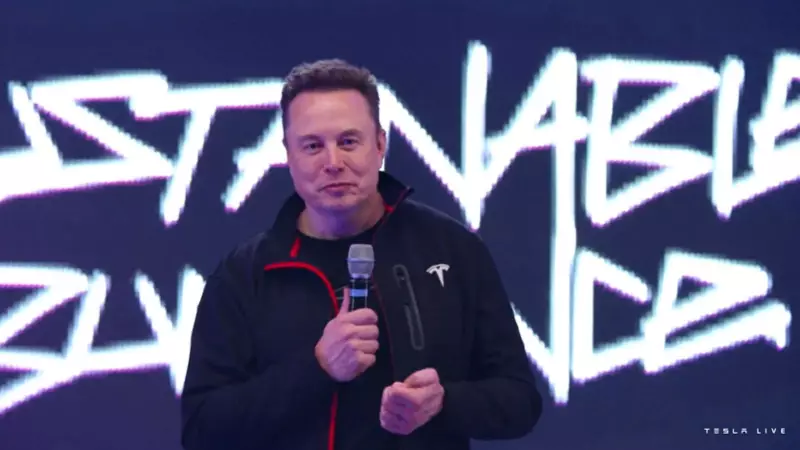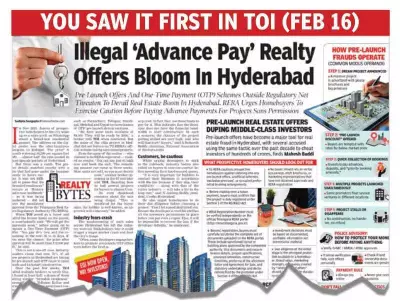
The upcoming Tesla shareholder vote on Elon Musk's staggering $56 billion compensation package has ignited intense debate within the investment community. With voting scheduled to conclude this week, the controversial package has raised serious questions about corporate governance and what experts are calling "key man risk."
The Billion-Dollar Dilemma
At the heart of the controversy lies one of the largest executive pay packages in corporate history. Originally approved in 2018 but subsequently voided by a Delaware judge earlier this year, the compensation plan has become a lightning rod for discussions about executive compensation and shareholder rights.
"The sheer size of this package naturally draws attention," noted a market analyst familiar with the situation. "But beyond the numbers, it's the principle of tying so much of a company's value to one individual that has investors concerned."
Understanding 'Key Man Risk'
Financial experts point to the concept of "key man risk" as a primary concern. This occurs when a company becomes so dependent on a single individual that their potential departure could significantly impact the organization's stability and future prospects.
- Over-reliance on Musk's leadership
- Potential impact on Tesla's innovation pipeline
- Governance structure concerns
- Succession planning questions
Market Reactions and Investor Sentiment
The debate comes at a crucial time for Tesla, as the electric vehicle manufacturer faces increasing competition and market pressures. Some institutional investors have expressed reservations about the package, while retail investors appear divided on the issue.
"This vote represents more than just approval of compensation," explained a corporate governance expert. "It's a referendum on Musk's leadership and the direction Tesla will take in the coming years."
The Broader Implications
The outcome of this vote could set important precedents for executive compensation across the technology and automotive sectors. As companies increasingly compete for top talent, the Tesla-Musk situation provides a case study in balancing visionary leadership with sustainable corporate governance.
Industry observers will be watching closely as the voting concludes, with results expected to reveal much about investor confidence in both Musk's leadership and Tesla's future direction.






